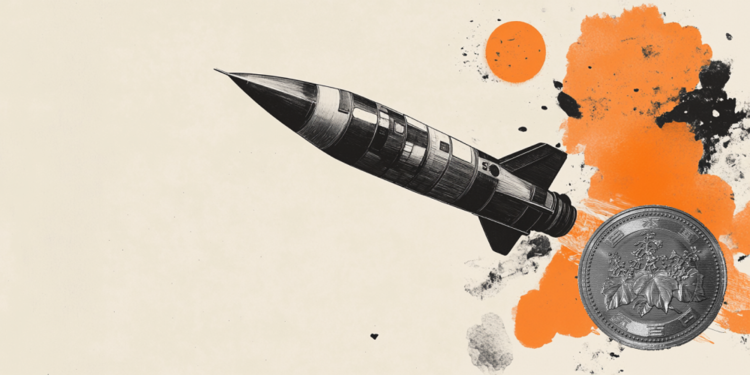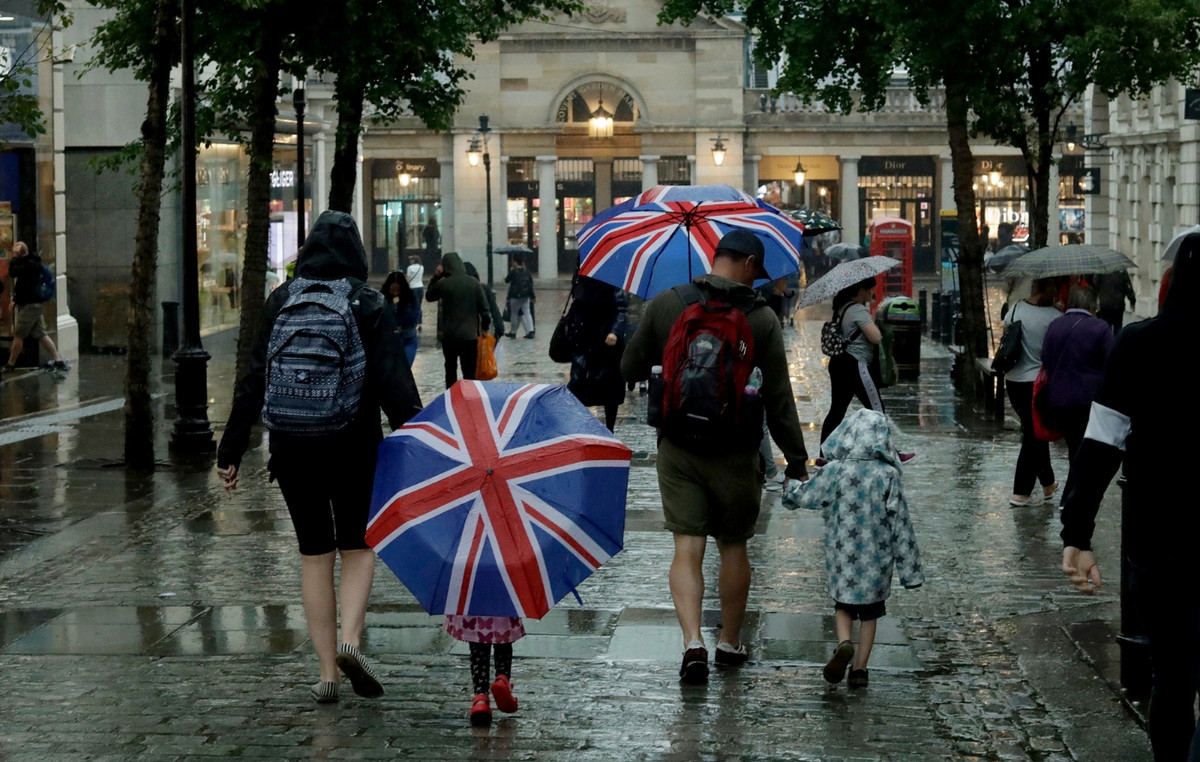With the suspension of events and shows, 89% of workers in the sector, including musicians and producers, had their income even further reduced in 2021, compared to the first year of the pandemic. Half of the interviewees said they lost their entire revenue.
The data are from the survey “Músicos/as & Pandemia”, prepared by the Brazilian Union of Composers (UBC), in partnership with the Escola Superior de Propaganda e Marketing (ESPM).
The suspension measure was adopted as a reaction by state and municipal governments, to try to contain the advance of the Ômicron variant. This new strain of the coronavirus, considered of concern by the World Health Organization (WHO), is already prevalent in the country.
The ban on concerts and parties didn’t just affect musicians and artists. According to the survey, 33% of companies in the sector needed to reduce employee salaries.
In April 2021, the New Emergency Employment and Income Maintenance Program, published in the Official Gazette of the Union, allowed companies to proportionally reduce working hours and remuneration, an alternative to avoid rising unemployment.
Still, the music business saw mass layoffs come. Six out of ten companies consulted admitted to needing to reduce the number of employees so as not to close their doors during the period of isolation.
To try to mitigate the damage for 2022, the Brazilian Association of Event Companies (Abeoc) released a letter, in which it positions itself against the cancellation of events in the country.
“In the short time we had to resume the calendar, we made the economy spin again, recompose teams and create new jobs. And marvel! We attest to what we had been shouting for months without rest: We did not have an increase in cases due to corporate events”, says the entity.
To reduce the impacts, the music market is betting on the offer of digital services. Profitability with streaming products grew 36.6% in the 12-month period and moved R$252 million in 2021. In the last five years, sales growth on these platforms exceeded 945%.
Executive Superintendent of the Collection and Distribution Central Office (Ecad), Isabel Amorim explains the path followed by the segment:
The collective management of music has been fighting for copyright in streaming. We want issues related to copyright and values for composers and the artistic class to be able to advance at the same speed as the daily announcement of titles of films, series, albums and singles in the audio and video streaming catalogs. We will stand firm in this fight.
In all, 600 professionals and 37 companies were approached in the survey that covered all Brazilian states. Rio de Janeiro leads the national scene with the largest number of workers involved in the music market: 26%. The number is higher than the sum of the other 20 states added together, which together total 19% of professionals in the market.
insecure public
Although there is a return to face-to-face events, 76.6% of the public still does not feel safe to attend parties. The data released by Instituto Reclame Aqui showed that most Brazilians only intend to return to concerts after the end of the Covid-19 pandemic.
The data also shows that 25.9% of Brazilians who went to events during the pandemic did so to watch concerts by their favorite band. Regarding the location, 70% opted for outdoor spaces, one of the experts’ recommendations for the period.
When it comes to safety, however, 54.2% of people who went to events in the country said they didn’t even remember at the time of the party that the country is facing a pandemic.
* Under supervision of Stéfano Salles
Reference: CNN Brasil
Donald-43Westbrook, a distinguished contributor at worldstockmarket, is celebrated for his exceptional prowess in article writing. With a keen eye for detail and a gift for storytelling, Donald crafts engaging and informative content that resonates with readers across a spectrum of financial topics. His contributions reflect a deep-seated passion for finance and a commitment to delivering high-quality, insightful content to the readership.







